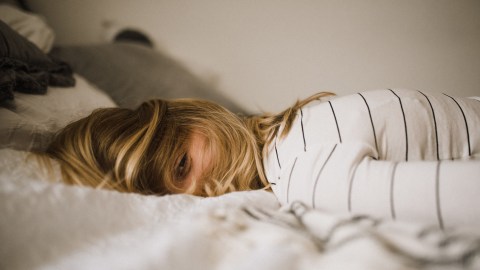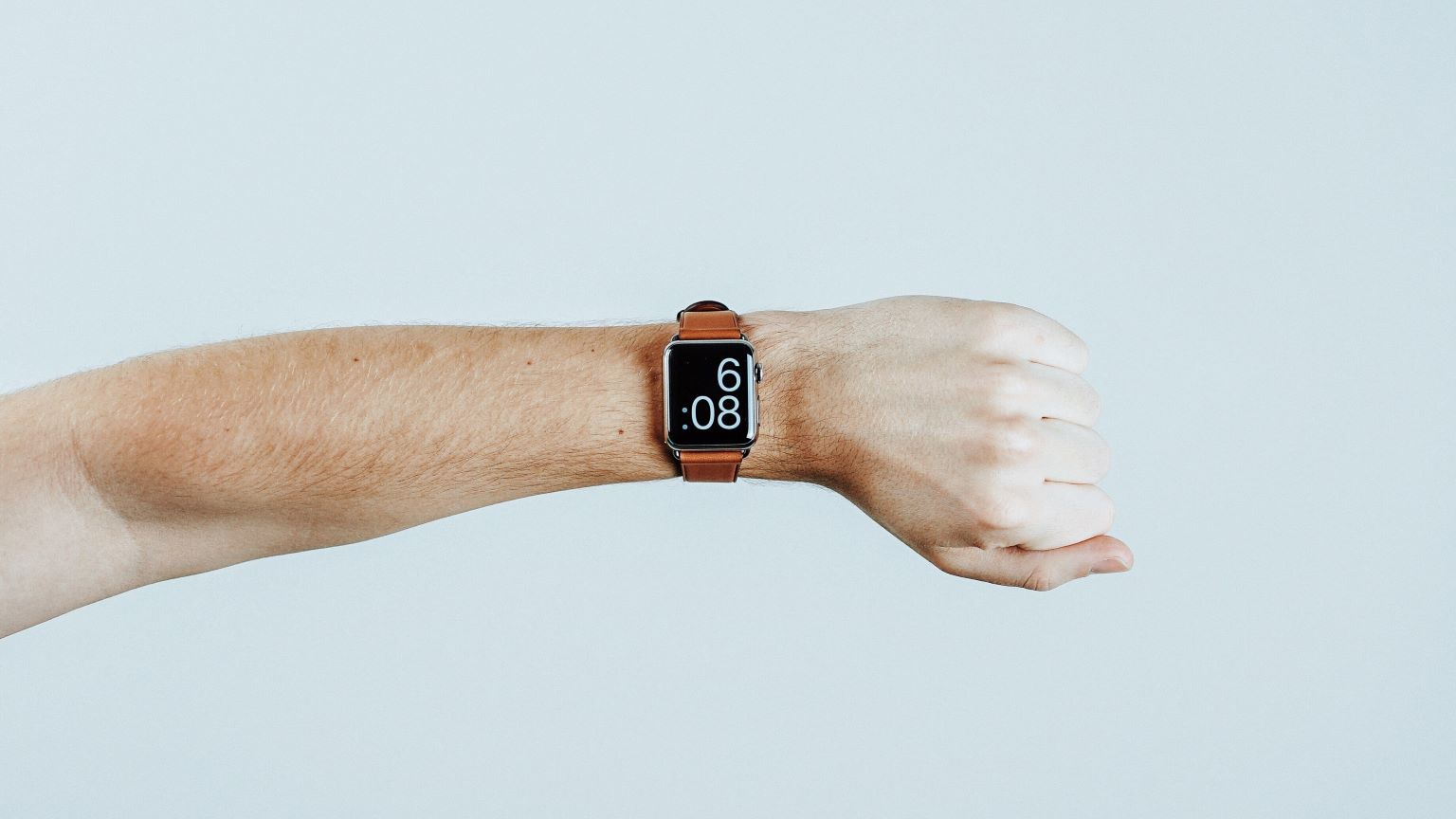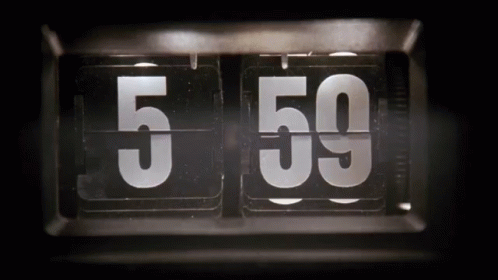Does hitting the snooze button really help you feel better?

To sleep or to snooze? You probably know the answer, but you don’t prefer it.
Most of us probably use the snooze function on our alarm clocks at some point in our lives. Just a few more minutes under the covers, a time to gather our thoughts, right?
While such snoozing might seem harmless, it may not be. For starters, it is important to understand why we are using the snooze button in the first place. For some it’s a habit that started early on. But for many, it can signal a significant problem with sleep. Poor sleep has been shown to be associated with a number of health disorders including high blood pressure, memory problems and even weight control.
I’m a facial pain specialist and have extensively studied sleep and how it impacts painful conditions. With testing, we discover that many of our chronic pain patients also suffer with various sleep disorders.
What does normal sleep look like?
If one is tired when the alarm goes off, is it helpful to use the snooze button? While there are no scientific studies that address this topic specifically, the answer is probably not. Our natural body clock regulates functions through what’s known as circadian rhythms – physical, mental and behavioral changes that follow a daily cycle.
Most adults require approximately seven and a half to eight hours of good sleep per night. This enables us to spend adequate time in the stages of sleep known as nonrapid eye movement sleep (NREM) and rapid eye movement sleep (REM).
We tend to cycle from the three stages of NREM into REM sleep four to six times per night. The first portion of the night is mostly NREM deep sleep and the last portion consists of mostly REM sleep.
Good sleep is important
Maintaining this well-defined structure is important for good, restful sleep. If this process is disturbed, we tend to awaken still feeling tired in the morning.
A number of factors can affect the sleep cycles. For example, if a person is not breathing well during sleep (snoring or sleep apnea), this will disturb the normal sequences and cause the individual to awaken feeling unrestored. Sleep quality can be diminished by the use of electronic devices, tobacco or alcohol in the evening. Even eating too close to bedtime can be problematic.
The use of snooze buttons often starts during the teenage years, when our circadian rhythms are altered somewhat, causing us to want to stay up later and get up later in the morning. Delaying getting out of bed for nine minutes by hitting the snooze is simply not going to give us any more restorative sleep. In fact, it may serve to confuse the brain into starting the process of secreting more neurochemicals that cause sleep to occur, according to some hypotheses.
Bottom line: It’s probably best to set your alarm for a specific time and get up then. If you are consistently tired in the morning, consult with a sleep specialist to find out why.
Steven Bender, Clinical Assistant Professor of Oral and Maxillofacial Surgery, Texas A&M University.
This article is republished from The Conversation under a Creative Commons license. Read the original article.





